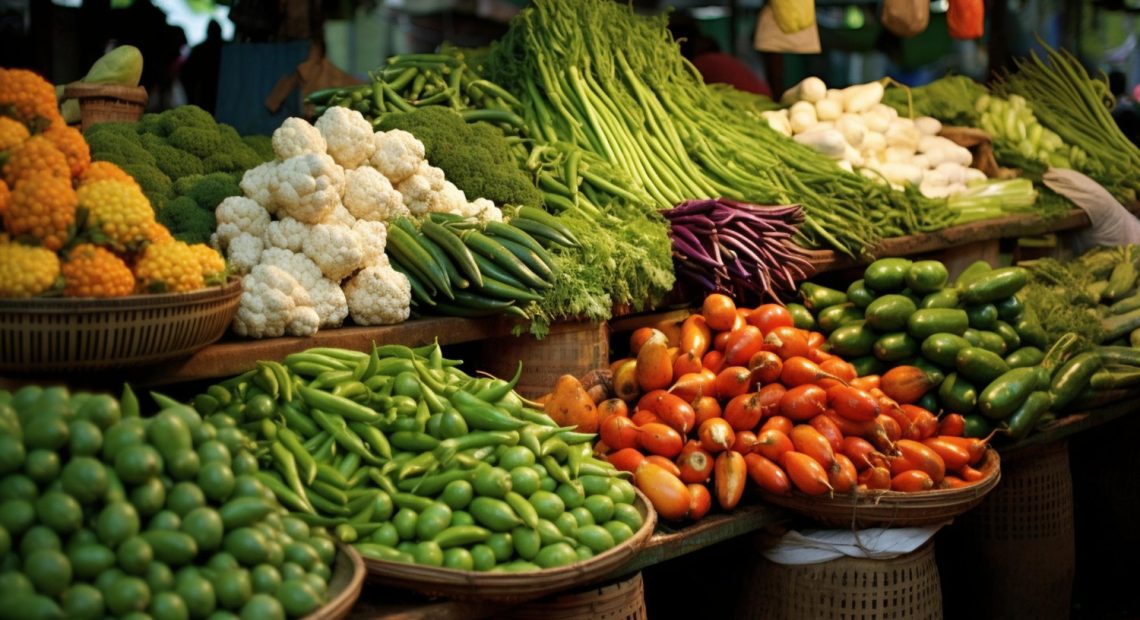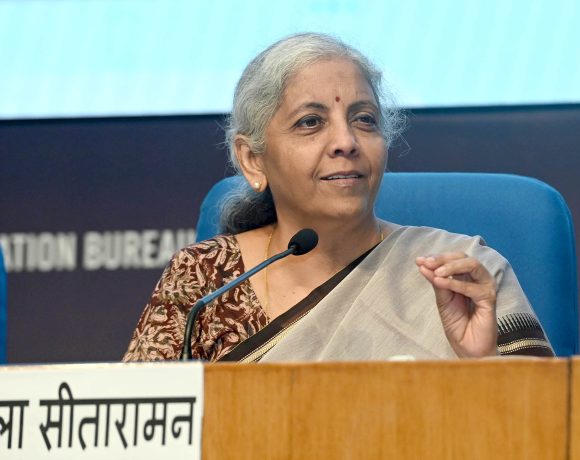
Retail Inflation Drops to Four-Month Low at 5.22%
India’s retail inflation eased to 5.22% in December, hitting a four-month low and remaining within the Reserve Bank of India’s (RBI) comfort zone of 2-6%. This decline is attributed to falling food prices and improved supply chains, offering relief to policymakers and consumers alike.
Food Prices Drive Inflation Decline
The primary factor behind the dip in inflation was a notable reduction in food prices, particularly vegetables, which saw a sharp decrease compared to the previous months. Lower input costs in the agricultural sector, coupled with improved distribution channels, contributed significantly to this decline.
Cereal and pulses inflation, however, remained steady, while edible oil prices also showed a downward trend due to higher domestic availability and reduced global commodity prices.
RBI’s Monetary Policy Gains Traction
The moderation in inflation aligns with the RBI’s monetary policy aimed at controlling price pressures. Over the past year, the central bank has implemented a series of interest rate hikes to curb inflationary trends.
Analysts believe the recent data will provide some breathing room for the central bank as it navigates the balance between fostering growth and managing inflation. “The continued decline in retail inflation is a positive sign, reflecting the effectiveness of monetary measures,” noted an economist.
Consumer Spending Likely to Improve
Lower inflation is expected to boost consumer confidence and spending, particularly in the urban sector. With easing price pressures, households may find some relief in their monthly budgets, potentially leading to an uptick in discretionary spending.
Experts also foresee positive implications for India’s broader economic recovery, as stable inflation fosters a conducive environment for business expansion and investment.
Challenges Ahead
While the inflation numbers offer optimism, challenges persist. Core inflation, which excludes volatile food and fuel prices, remains sticky, indicating underlying pressures in non-food categories like housing and services. Policymakers will need to remain vigilant to ensure inflation does not rebound in the coming months.
The continued monitoring of global factors, including energy prices and supply chain disruptions, will also play a critical role in maintaining price stability.
Outlook
As inflation stays within the RBI’s comfort zone, there is cautious optimism about sustained economic recovery in 2025. Policymakers and businesses alike will closely watch upcoming inflation data to ensure the current trend persists, paving the way for robust growth and improved consumer sentiment in the months ahead.


















